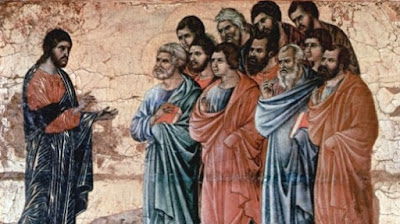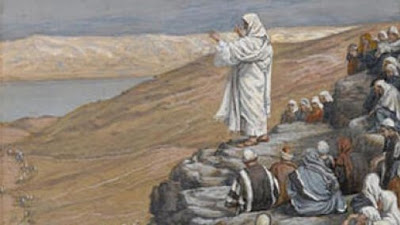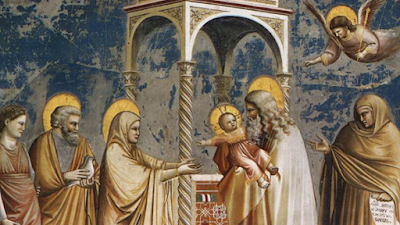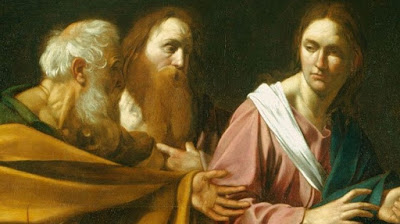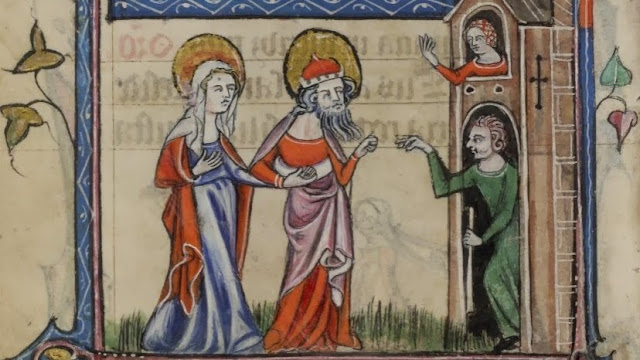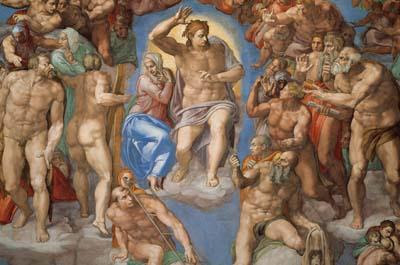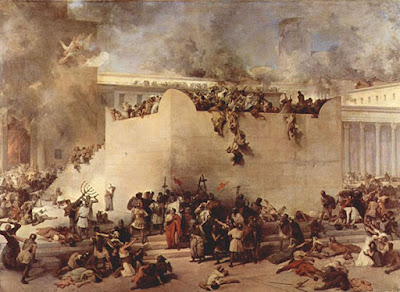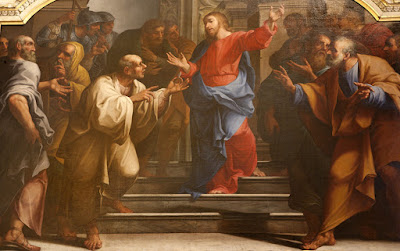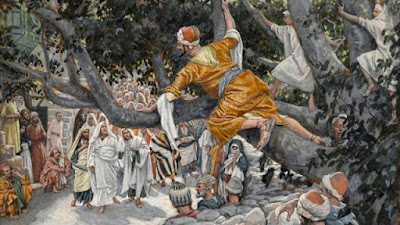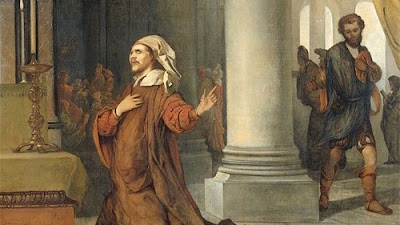Homily for the 7th Sunday in Ordinary Time, February 23, 2020, Year A
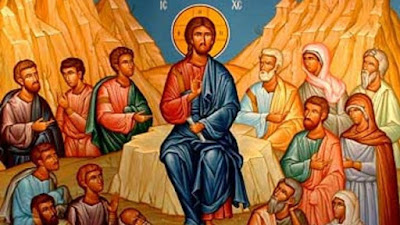
Fr. Charles Irvin Diocese of Lansing ( Click here for Sunday’s readings ) Yogi Berra once said: “You’ve got to be very careful if you don’t know where you’re going, because you might not get there.” Way back in 1865, Lewis Carroll published a novel for children. Alice in Wonderland was its name. In that novel we find Alice one day wandering around in a dream world. She stops and asks a cat: “Would you tell me, please, which way I should go from here?” The cat replies: “That depends a good deal on where you want to be.” Alice said: “Oh, I don’t much care.” With that the cat responds: “Then it doesn’t much matter which way you go.” But Alice persisted: “But I want to get somewhere.” Whereupon the cat, with a wry grin, said: “Oh, you are sure to do that!” We can be a lot like Alice, saying “Oh, it doesn’t much matter” to a whole lot of things. Like it doesn’t much matter which church you go to. It doesn’t much matter what you believe, and so forth. Pretty soon nothing muc
